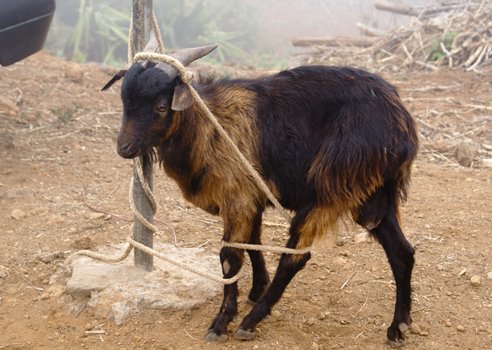Reading time: Less than 1 minute
Increase your vocabulary and you’ll make your writing much more precise. That’s why I provide a word of the week. Today’s word: gormless…
My father had English-born parents — his dad was a farmer from Cornwall and his mother, a highly educated woman from Oxford. (How those two managed to meet and marry, we never understood.)
Nevertheless, my father was inordinately proud of Union Jack background and to our great amusement, spoke with an English accent himself. As a result of my heritage, I also grew up hearing all sorts of words that many of my classmates missed.
Gormless was one such term. I encountered it again recently in the novel Exciting Times by the young Irish writer Naoise Dolan. Here is how she used it:
I touched my mouth a lot when we talked. It was a childish habit and make me look gormless.
Meaning, “dull, stupid, and lacking in intelligence” the etymology of the word is Norse. It comes from gaumr meaning, “care, heed.” (The suffix “less” means, “without,” of course.)
Although English is often described as a “Germanic” language, the number of Norse (Viking) words we still use is quite remarkable. The list includes such common terms as: berserk, ugly, muck, skull, knife, die and cake.
The earliest Viking activity in England consisted of coastal raids, but by the 870s, the Danes had settled across most of Northern England in an area governed by treaties known as the Danelaw. England even had Danish kings from 1018 to 1042.
The word gormless always makes me think of a goofy, dim-witted, weak-chinned man like Rowan Atkinson (Mr. Bean.)


